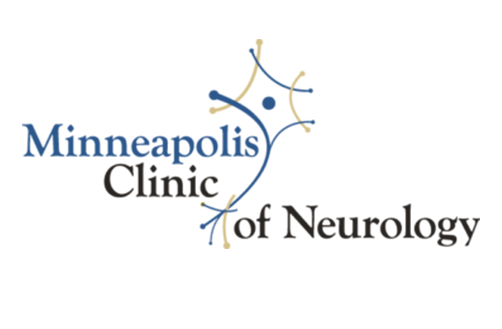Minneapolis Clinic of Neurology, one of the largest neurology clinics in the nation, has recently made the decision to offer Oculogica Inc.’s EyeBox to patients who may have a concussion.
EyeBox is the first and only FDA-cleared aid that detects a concussion using eye-tracking technology — and is notable for not requiring pre-injury tests to establish a baseline. This allows staff at MCN to treat patients who are only tested after an injury.
The evaluation uses a noninvasive procedure that lasts fewer than four minutes and gives immediate results within minutes of an injury.
“At the Minneapolis Clinic of Neurology, we have always focused on patient care and outcomes,” said Dr. Irfan Altafullah, president of the clinic, in an email to the Business Journal. “Our recent decision to offer patients the EyeBox device by Oculogica is in line with our commitment to continually improve patient care, which includes introducing cutting-edge diagnostic tools that meet our rigorous standards.”
Dr. Rosina Samadani, CEO of New York-based Oculogica, said the partnership with the clinic is a big step forward for the company. In addition to MCN, EyeBox is available at approximately three dozen commercial and research sites.
Oculogica was founded in 2013 by Samadani’s sister, Dr. Uzma Samadani, a neurosurgeon at the Minneapolis VA Medical Center and an associate professor at the University of Minnesota.
In addition to diagnosing concussions, Oculogica is studying how EyeBox could be leveraged to study chronic traumatic encephalopathy.
The degenerative brain disease is associated with repeated traumatic brain injuries, but currently can only be diagnosed through an autopsy.
Oculogica has already collected some data, and is now in early talks with potential research partners to do further clinical studies and eventually gain FDA approval.
This fall, Oculogica will begin piloting CannaBox, which will instantly diagnose cannabis impairment without the use of blood or urine samples.
The long-term effects of Covid-19 on the brain is another subject the company is studying.
In May, Oculogica received a $2 million grant from the U.S. Army’s Medical Research and Development Command to develop a wearable version of its concussion diagnostic technology.
The company is also backed by Minnesota angel investor groups, including Sofia Fund and Gopher Angels.
